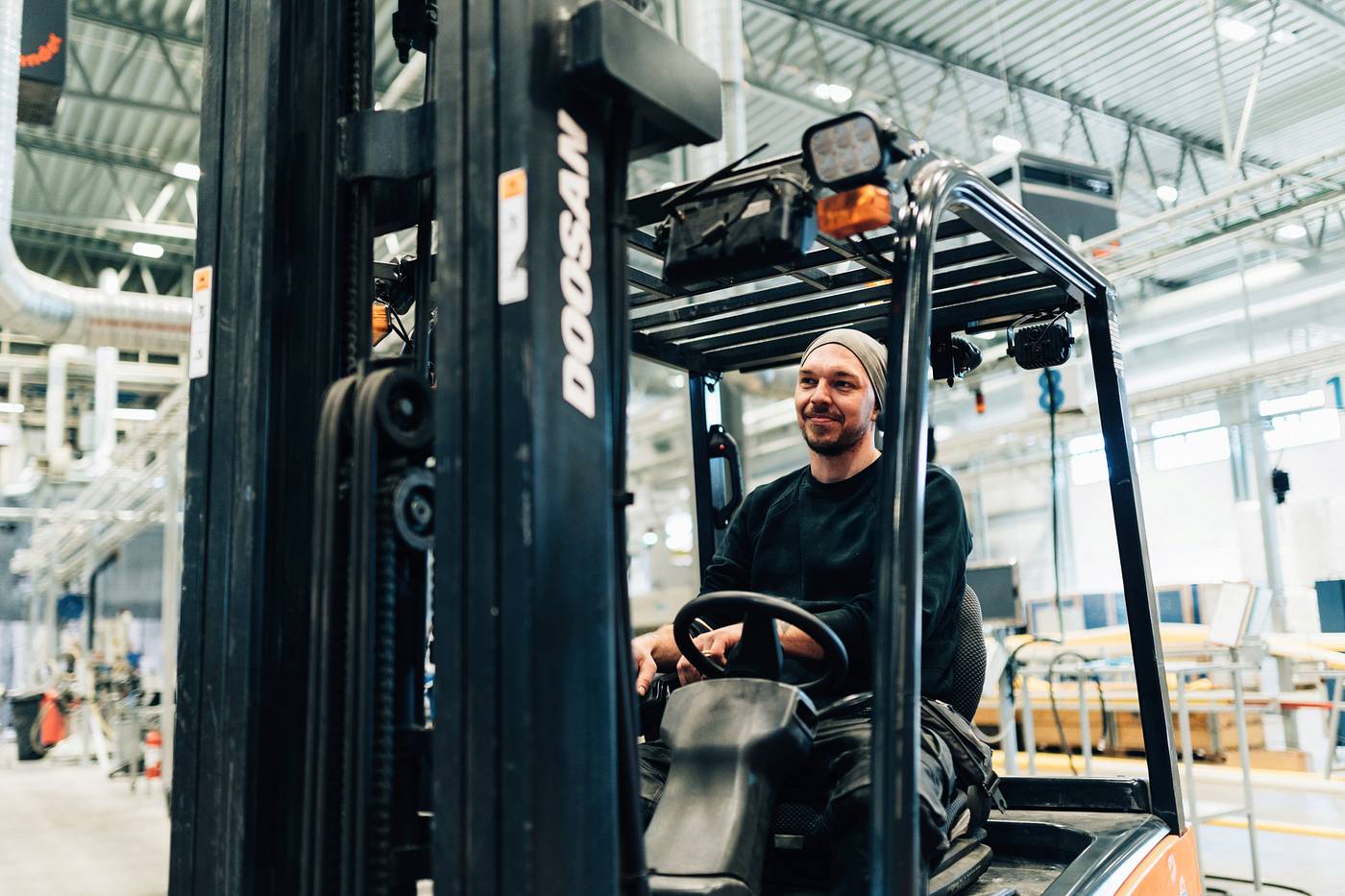Meteen na de installatie van onze professionele luchtreinigers zagen we al resultaten. Ongelooflijk! Het is alsof we nu alles in HD-kwaliteit zien. Medewerkers voelen zich ook minder vies en hebben meer plezier in hun werk.


Zuivere lucht loont. Daarom is het onze missie om gevaarlijke stofdeeltjes uit jouw lucht te filteren.
Zuivere lucht loont. Daarom is het onze missie om gevaarlijke stofdeeltjes uit jouw lucht te filteren.


Meteen na de installatie van onze professionele luchtreinigers zagen we al resultaten. Ongelooflijk! Het is alsof we nu alles in HD-kwaliteit zien. Medewerkers voelen zich ook minder vies en hebben meer plezier in hun werk.